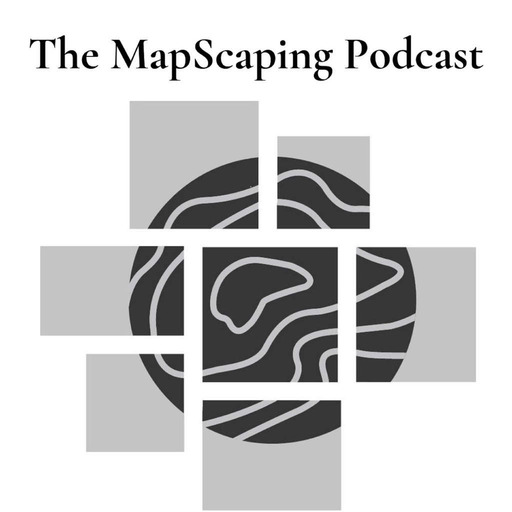Computer vision is a field of artificial intelligence (AI) that enables computers and systems to derive meaningful information from digital images.
You might think that this is exactly what we are doing in earth observation but there are a few important differences between computer vision and what some people refer to as GeoAI.
This week Jordi inglada is going to help you understand what those differences are and why it's not always possible to use Computer vision techniques in the field of Remote Sensing.
Listen out for these key points during the conversation!
- Why plausible or realistic data is not always a substitute for actual measurements, except when it is ;)
- In computer vision we can learn from the data, in earth observation we know the physics
- To do interesting work in data science you need to - Computer science, applied math, and domain expertise. You don’t need to be an expert in all three but you need to be interested in all three
- Vectors in the machine learning world don’t necessarily have anything to do with points lines and polygons ;)
Sponsored by Sinergise, as part of Copernicus Data Space Ecosystem knowledge sharing. dataspace.copernicus.eu/ http://dataspace.copernicus.eu/
Related Podcast Episodes
Super Resolution
https://mapscaping.com/podcast/super-resolution-smarter-upsampling/
Fake Satellite Imagery
https://mapscaping.com/podcast/fake-satellite-imagery/
Sentinal Hub
https://mapscaping.com/podcast/sentinel-hub/
Google Earth Engine
https://mapscaping.com/podcast/introducing-google-earth-engine/
Microsofts Planetary Computer
https://mapscaping.com/podcast/the-planetary-computer/
BTW MapScaping has started a Job Board!
it's in the early stages but it's live
Some more episodes you might enjoy
ESRI, GIS careers, Geospatial Data Science
QGIS, Geospatial Python, ArcGIS Pro
Google Maps, Geomatics, Cartography
Location Intelligence, Mapping


 Emissions
Emissions







